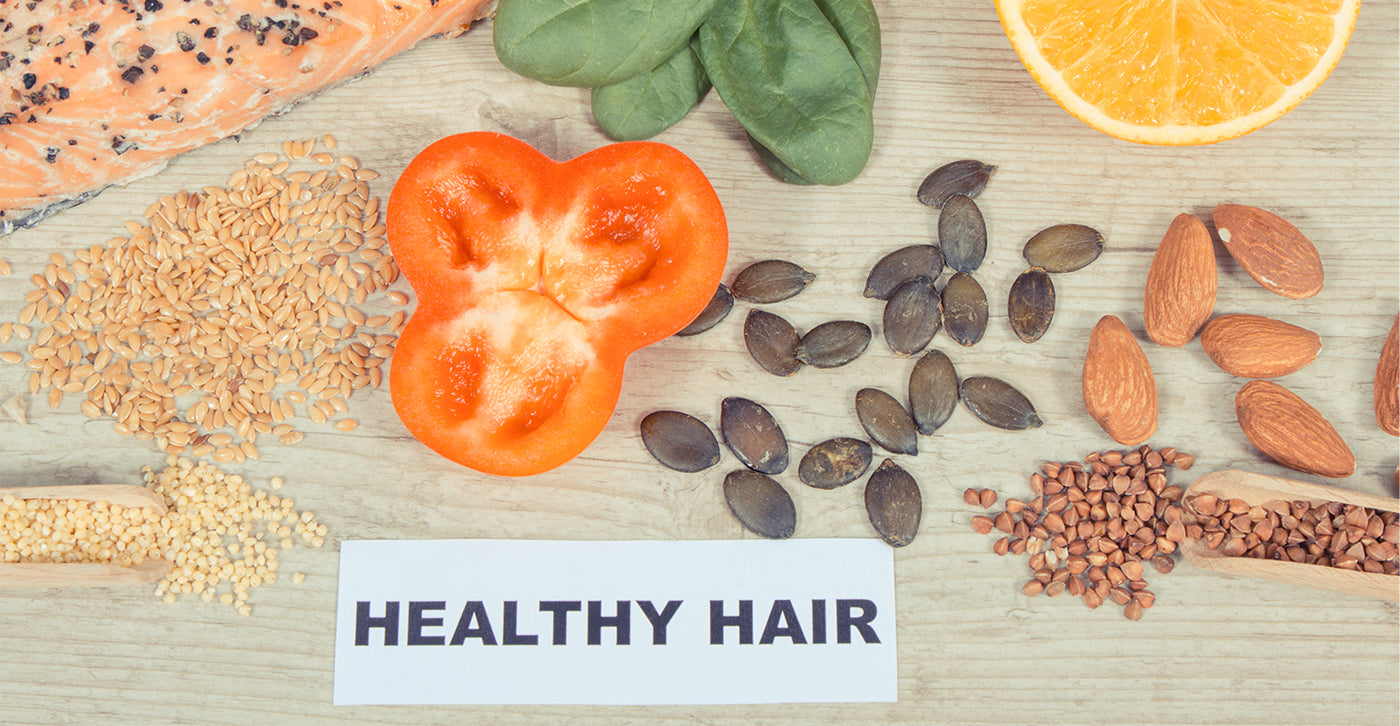We all know that stress can take a toll on our mental health, but did you know it can also affect the health of your hair? The connection between stress and hair loss is stronger than many people realize. In fact, stress is one of the leading causes of hair thinning and shedding. In this blog, we’ll dive into how stress affects hair health and provide tips for managing it to promote healthier, stronger hair.
The Science Behind Stress and Hair Loss
When your body experiences stress, it triggers a series of physiological responses. One of these responses involves the release of stress hormones like cortisol. In high levels, cortisol can disrupt the natural hair growth cycle, pushing hair follicles into a resting phase (known as telogen), which can result in increased hair shedding. This condition is called telogen effluvium, a form of temporary hair loss that occurs after stressful events or prolonged periods of stress.
Hair typically goes through a three-phase cycle:
-
Anagen (Growth Phase)
-
Catagen (Transitional Phase)
-
Telogen (Resting Phase)
During telogen effluvium, more hairs than usual enter the telogen phase, leading to excessive shedding. This can result in noticeable hair thinning, especially around the crown or part line.
How Stress Affects Your Scalp and Hair Growth
Chronic stress can affect both the scalp and hair follicles in several ways:
-
Increased Inflammation
Stress can increase inflammation in the body, including on the scalp. This inflammation can disrupt the natural function of the hair follicles, making it more difficult for new hair to grow and leading to shedding. -
Imbalance in Hormones
Prolonged stress leads to an increase in cortisol production, which can disrupt the delicate balance of hormones that control hair growth. This imbalance can cause hair follicles to become weaker and more prone to shedding. -
Reduced Circulation to the Scalp
Chronic stress can also restrict blood flow to the scalp, which can deprive hair follicles of essential nutrients and oxygen needed for healthy growth.
Signs You May Be Losing Hair Due to Stress
While some hair shedding is normal, if you notice a sudden increase in hair loss, it could be linked to stress. Here are a few signs that stress might be affecting your hair:
- Increased shedding: Noticeable amounts of hair on your pillow, comb, or shower drain.
- Thinning hair: Your hair may appear thinner, especially along the part line or temples.
- Patchy hair loss: In some cases, stress can lead to alopecia areata, which causes small, round patches of hair loss.
- Scalp irritation: Stress can contribute to scalp issues like dryness or itchiness.
How to Manage Stress for Better Hair Health
Managing stress isn’t just good for your overall wellbeing—it’s also essential for maintaining healthy hair. Here are some tips to help you manage stress and keep your hair looking its best:
-
Practice Mindfulness and Meditation
Mindfulness exercises, such as meditation and deep breathing, help activate the parasympathetic nervous system, reducing cortisol levels and promoting relaxation. Taking just 10-15 minutes a day to clear your mind can have a profound impact on both your mental health and hair health. -
Exercise Regularly
Physical activity is one of the best ways to combat stress. Exercise helps reduce cortisol levels, increase circulation, and boost the production of endorphins, which are natural stress relievers. Aim for at least 30 minutes of moderate exercise most days of the week. -
Get Enough Sleep
Sleep is essential for overall health, including hair health. Chronic sleep deprivation can increase stress levels and disrupt the hair growth cycle. Aim for 7-9 hours of quality sleep each night to support your body’s natural healing and rejuvenation processes. -
Eat a Balanced Diet
A healthy diet rich in essential vitamins and minerals can help manage stress and improve hair health. Foods high in omega-3 fatty acids, antioxidants, vitamins B and D, and magnesium can support your body in managing stress and maintaining healthy hair follicles. -
Consider Stress-Relieving Hobbies
Hobbies that allow you to relax and unwind, such as reading, knitting, gardening, or listening to music, can also help reduce stress. Engaging in activities that bring you joy and calm can be a great way to take your mind off stressors and restore balance. -
Seek Professional Help
If you’re experiencing significant hair loss due to stress, it’s important to consult with a trichologist or a dermatologist. They can help identify the underlying cause of hair thinning and provide professional treatments or recommendations to support hair regrowth.
Conclusion: Managing Stress for Healthy Hair
While stress is an unavoidable part of life, its impact on your hair doesn’t have to be permanent. By managing stress levels through relaxation techniques, exercise, a balanced diet, and self-care, you can reduce its negative effects on your hair. Remember, hair health starts from within, and maintaining a healthy mental state is just as important as caring for your hair externally. So, take a deep breath, relax, and give your hair the support it needs to thrive!








Leave a comment
This site is protected by hCaptcha and the hCaptcha Privacy Policy and Terms of Service apply.